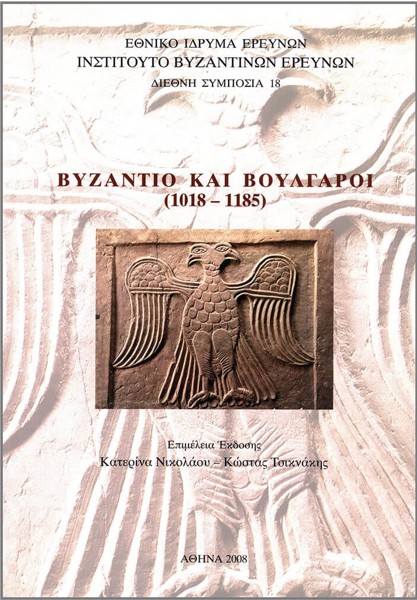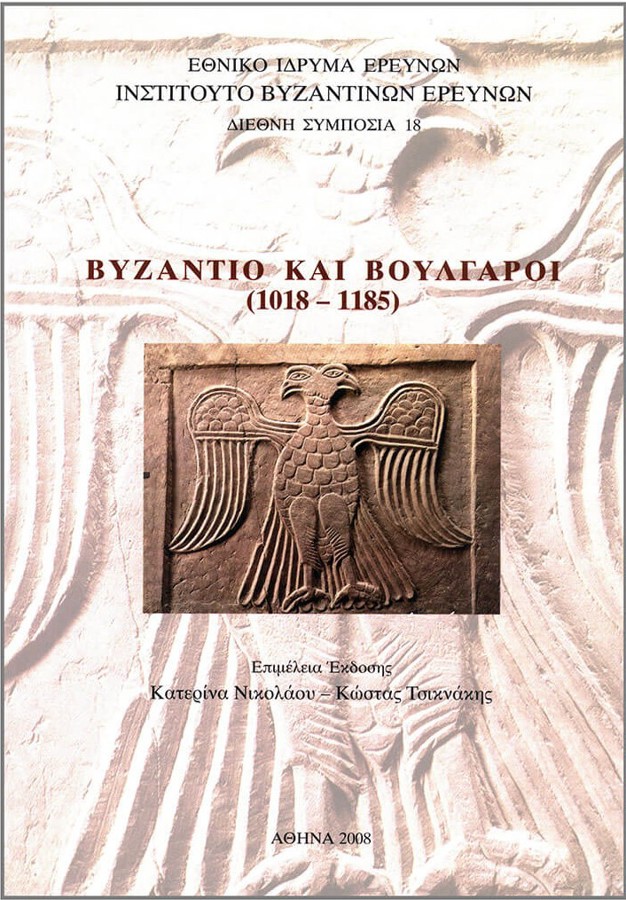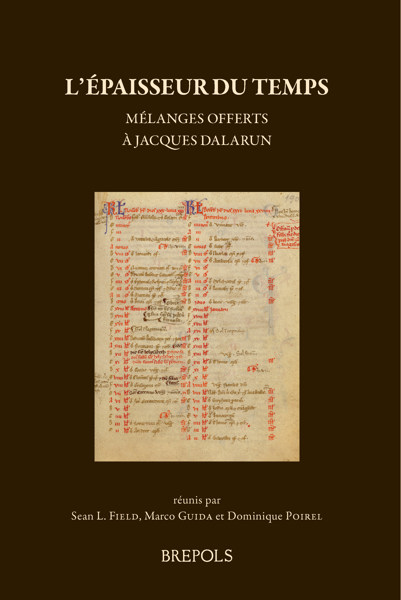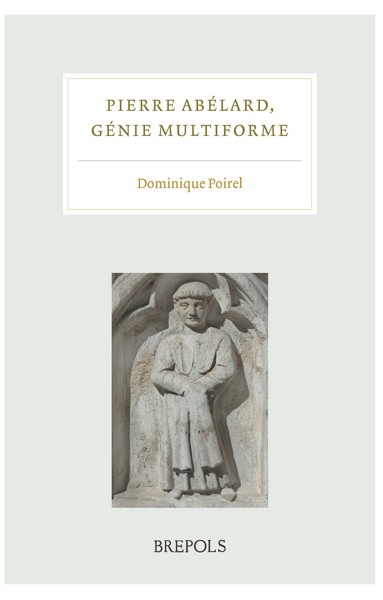
Byzantium and the Bulgarians (1018-1185). Acts of the 18th International Symposium
Kostas Tsiknakis, Katerina Nikolaou
- Pages: 236 p.
- Size:170 x 240 mm
- Language(s):English
- Publication Year:2008
- € 22,64 EXCL. VAT RETAIL PRICE
- ISBN: 978-960-371-041-7
- Paperback
- Available
The Byzantine and Bulgarian relations are unfolded within sixteen studies. These particular relations date back to 1018, the yearof submission of the Bulgarians in the Bosporus Empire, after the long victorious campaign of Basil II, until 1185, when the SecondBulgarian state was created. The studies were announced in the homonymous with the book international interdisciplinaryconference, organized by the Institute for Byzantine Research in 2000. They specifically highlight and examine the situation andthe conditions as established after the overthrow of Samuel’s state, the consequent restoration of the Empire borders at theDanube, and the creation of the Bulgarian theme. Moreover, new research approaches and data have been assisting in thelabeling and description of changes and upheavals that led, one hundred and sixty years later, the Bulgarian brothers Peter andAsan in building alliances with Vlachs and Cumans, as well as in their successful revolt against Constantinople.The Byzantine and Bulgarian relations are unfolded within sixteen studies. These particular relations date back to 1018, the yearof submission of the Bulgarians in the Bosporus Empire, after the long victorious campaign of Basil II, until 1185, when the SecondBulgarian state was created. The studies were announced in the homonymous with the book international interdisciplinaryconference, organized by the Institute for Byzantine Research in 2000. They specifically highlight and examine the situation andthe conditions as established after the overthrow of Samuel’s state, the consequent restoration of the Empire borders at theDanube, and the creation of the Bulgarian theme. Moreover, new research approaches and data have been assisting in thelabeling and description of changes and upheavals that led, one hundred and sixty years later, the Bulgarian brothers Peter andAsan in building alliances with Vlachs and Cumans, as well as in their successful revolt against Constantinople.




